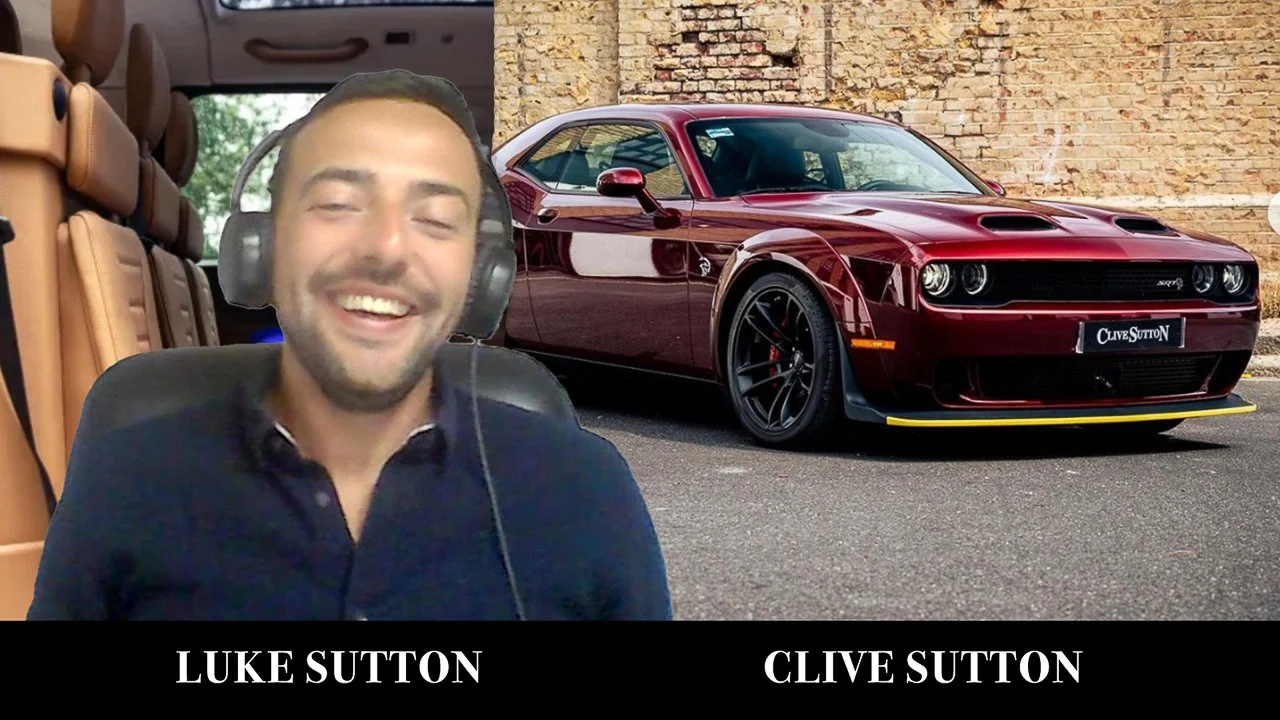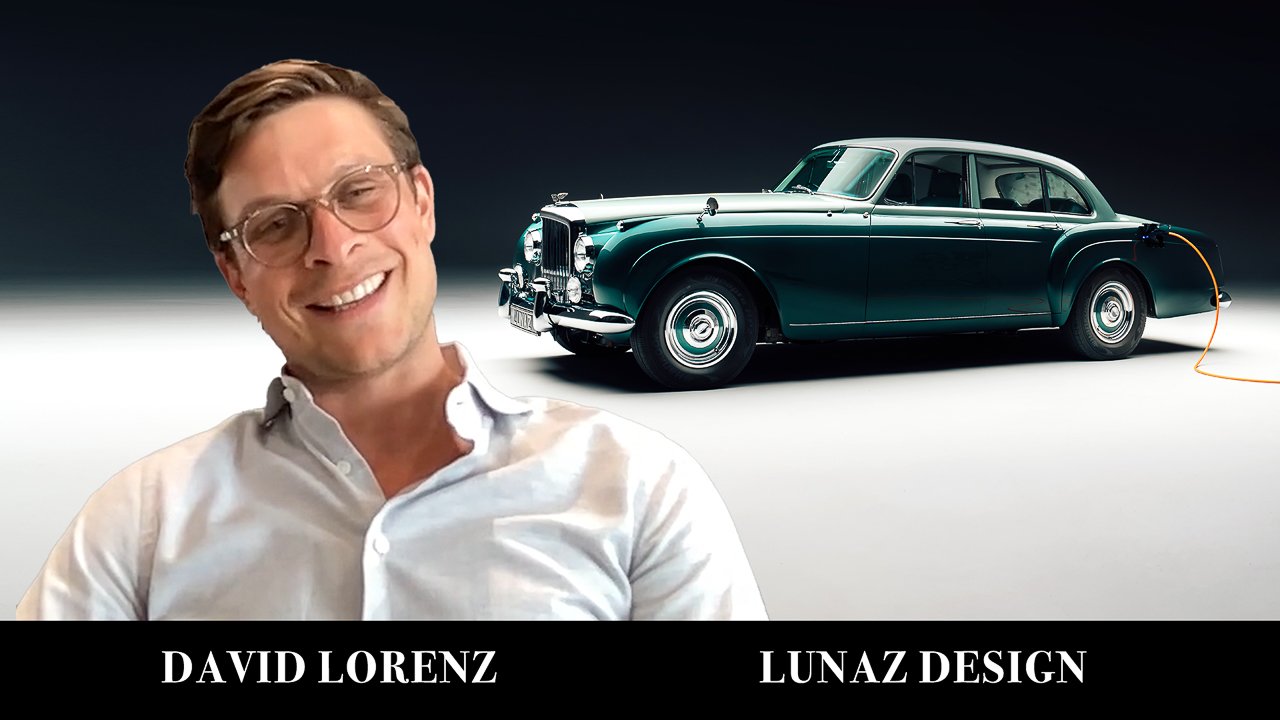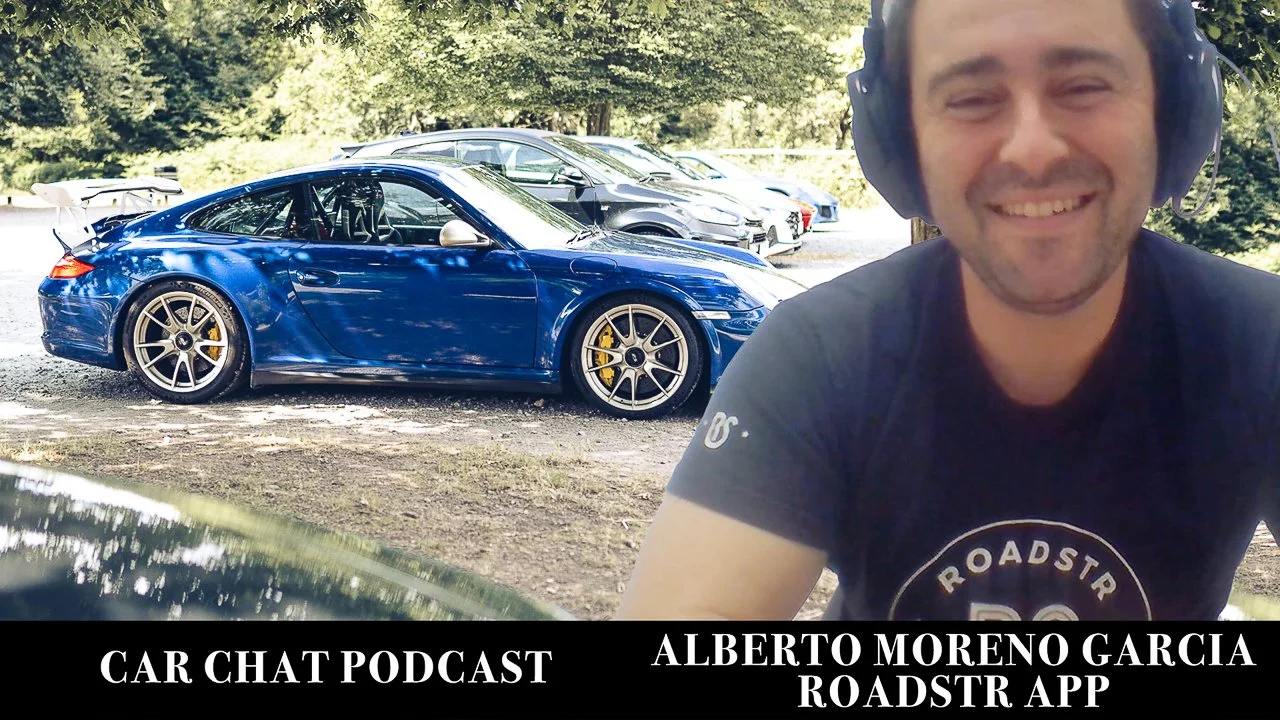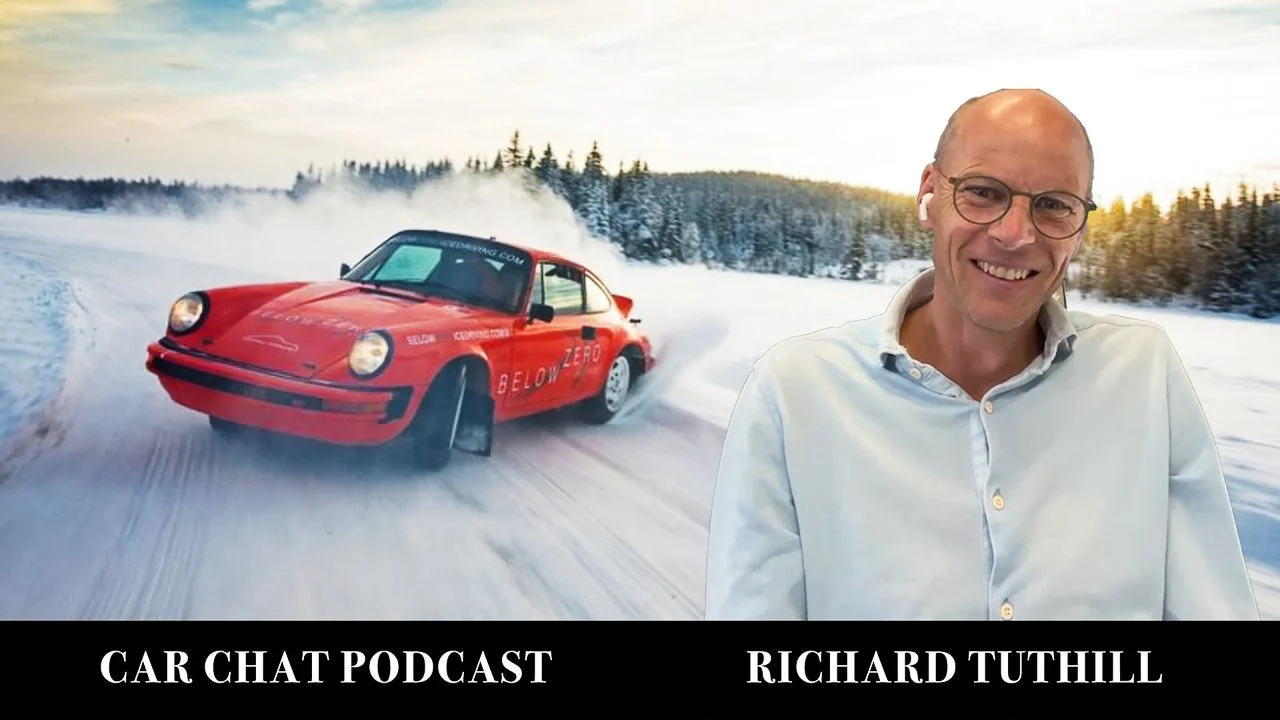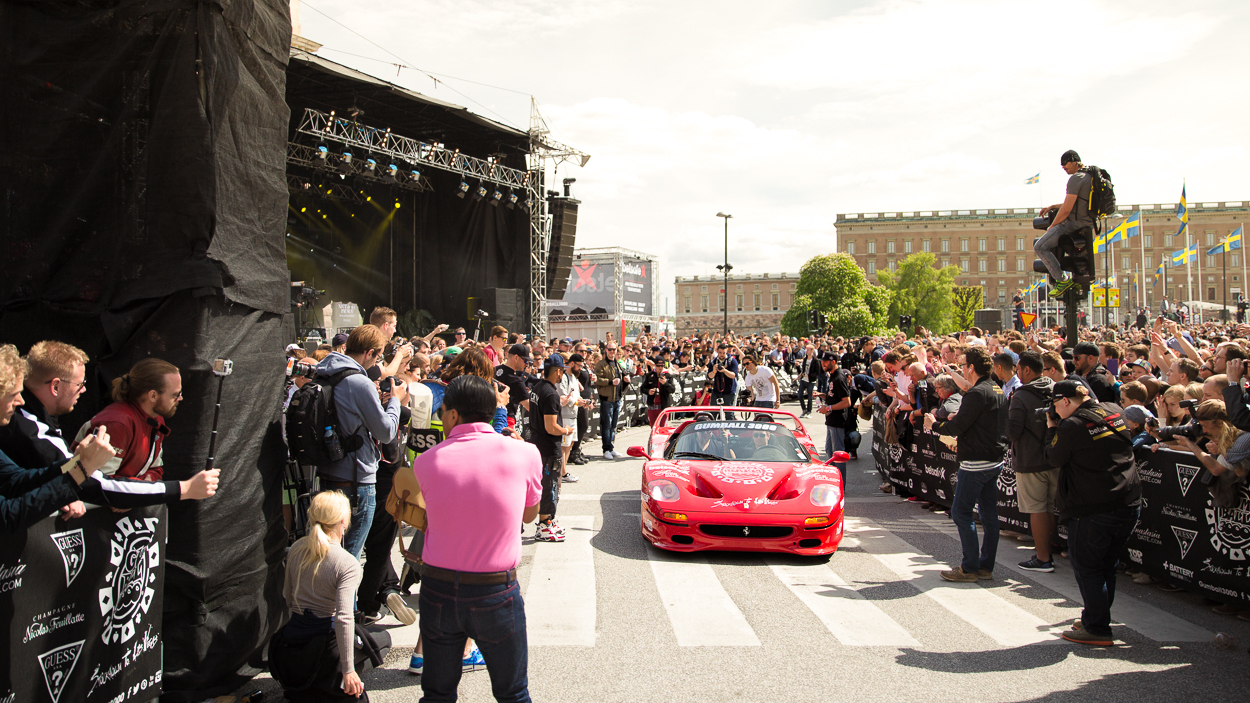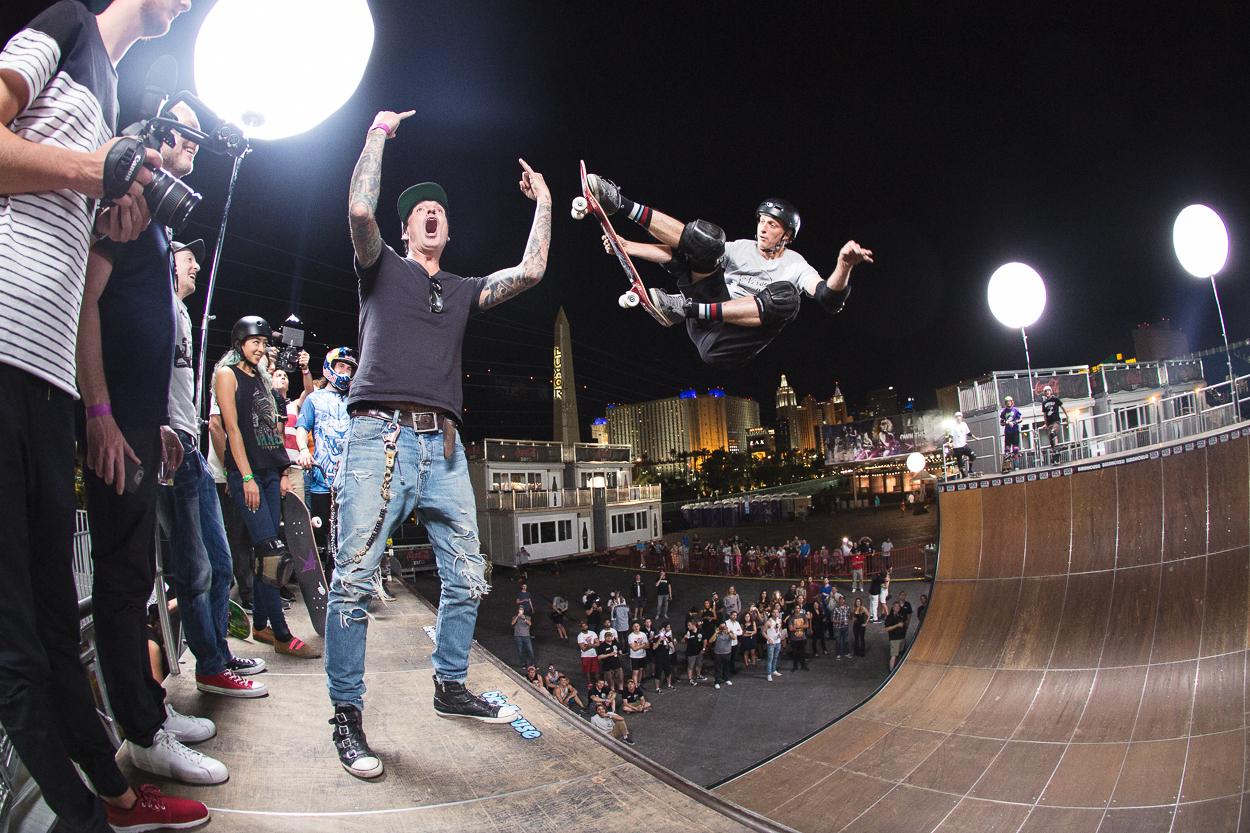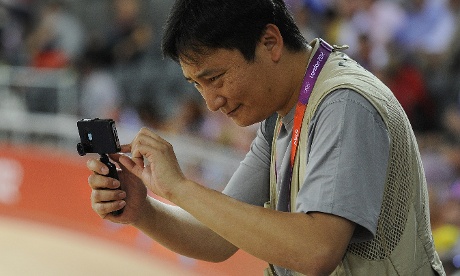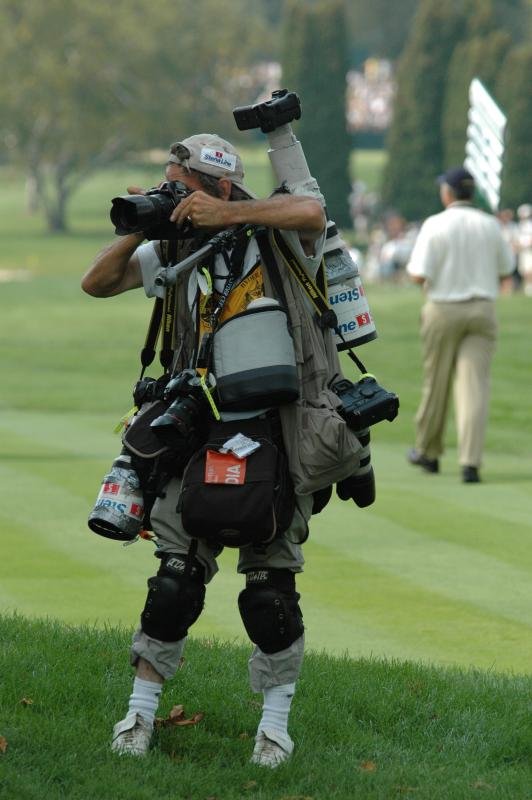Last year I bought a Sony A7s. The thinking behind this being I wanted to try out this new evolving format which Sony seemed to be taking by storm.
I am always trying to find "my perfect camera" and over time I have tried out a few different things in the process. The last smaller camera I owned was a Fuji X100s and although it was very cool the fixed lens really started to bug me. The inability to zoom (yeah yeah use your feet blah blah) is a bit of a problem if you are shooting objects far away and whilst some people might find these cameras perfect I generally shoot quite a wide zoom range of situations. This lead me to the Sony cameras because in theory you can use Canon glass (might as well maximise all these expensive lenses i own).
I'll admit, when I bought the A7s I should have done a bit more research about it's focusing ability with Canon lenses..in short..it sucks. I tried out 2 adapters (commlite and metabones) and the focusing was so bad I basically haven't bothered since. With this in mind I got hold of a Sony 24-70 f4 and have been using this with the A7s. With a Sony lens strapped to the body the camera works perfectly; focusing is quick and snappy. Shooting with "Only" 12MP has been immensely refreshing and at the same time immensely frustrating; On the one hand the files are super quick to edit and process which means a lot less time behind the computer..tres bons, but on the other you are punished pretty drastically for not cropping in tight enough "In Camera". This definitely pushes you to get things better straight away and refine your technique (probably akin to shooting film and having a limited number of exposures).
Digital Viewfinder:
Initially I was super sceptical about the electronic viewfinder because I love glass and a clear view of what i'm seeing. If there is some kind of delay between what is happening and the image you are seeing (lag) it is difficult to capture the exact moment. The viewfinder on the a7s has not been like this at all. I am actually a very big fan of it's abilities and the option to see EXACTLY what is about to come out of the camera when you press the shutter is extremely useful. There is no guessing about exposure compensation or "test" shots as you see what you get. This is particularly useful when the lighting conditions get a bit crappy as your exposure is bang on every time. Any adjustments in post at high ISO's cause more noise and obviously you don't want that.
Low Light:
Shooting in low light...this is what this camera is designed for and where it excels. You can shoot up to 400k ISO which is frankly ridiculous, with a prime lens you can see in the dark..no problem..you can shoot in conditions the human eye has issues with. Having tested this out I think the main benefit of this with this camera will be for video as whilst 12MP may be very clean for photos there isn't a lot that sets this apart from a reduced 24MP file from say a Canon 5DMkiii.
Silent Shooting:
The A7s has the ability to shoot without making a noise at all. Image quality in theory is meant to suffer a bit from this but in my experience there is minimal difference. What it does allow though is for you the photographer to meld into the background. You are now standing there with a tiny un-obtrusive camera which is making no noise. People stop noticing that you are taking photos and relax. Bring out the big canon body and white L lens and you get the completely opposite effect. I shot an event recently and during the speeches I used the a7s, this completely eliminated that effect of every time you take a shot someone in the crowd looking at you. This coupled with not pissing off the video guys really does bring something different to the game.
Conclusion:
The A7s is a great camera if it fits your needs. The ability to shoot in extremely low light is a massive feature however as I have to manually focus my Canon primes with it it kind of makes them redundant (yes I could focus manually but who really has time for that these days) so for me it's low light ability was massively reduced by shooting with an f4 lens. I could invest in more Sony lenses but there isn't much out there in comparison to Canon and i'd rather have a camera like this that functioned properly with my other gear rather than "kinda" worked. Onwards and upwards I say, from one end of the spectrum to the other..bring on the next camera.


